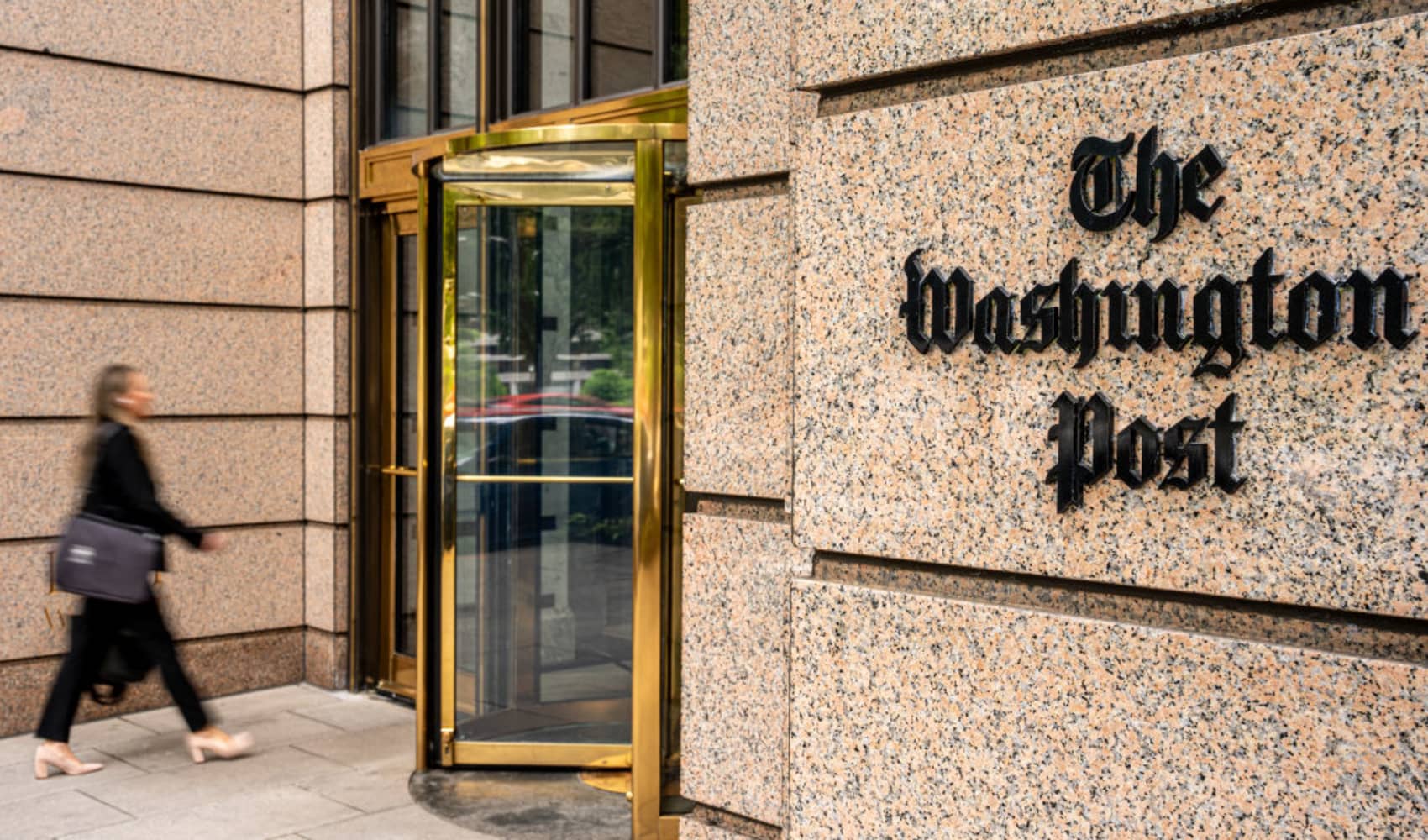
- The Food and Drug Administration rejected Juul's application to sell its e-cigarettes in the U.S.
- Juul must stop selling and distributing its products in the country immediately.
- The FDA said it didn't see clinical information that suggests there is an immediate risk to using Juul products.
The Food and Drug Administration announced Thursday that it is banning the sale of Juul e-cigarettes in the U.S.
Juul intends to seek a stay on the decision and is exploring options, which include appealing the decision or engaging with the FDA, Chief Regulatory Officer Joe Murillo said in a statement.
The ban is part of the FDA's broader review of the vaping industry following years of pressure from politicians and public health groups to regulate the segment as strictly as other tobacco products after vaping became more common among high schoolers.
Get top local stories in San Diego delivered to you every morning. >Sign up for NBC San Diego's News Headlines newsletter.
Juul had sought approval from the agency for its vaping device and tobacco- and menthol-flavored pods, which are available at 5% and 3% nicotine strengths. The flavors were not subject to a 2020 agency ban on mint- and fruit-flavored vaping products that were popular with teens.
A ban on the sale of those remaining products by Juul would deal a hefty blow to the company. Juul's international expansion efforts have been hamstrung by regulations and a lack of consumer interest. The U.S. remains its largest market.
The FDA said Juul's applications gave insufficient or conflicting data about the potential risks of using the company's products, including whether potentially harmful chemicals could leak out of the Juul pods.
Money Report
"Without the data needed to determine relevant health risks, the FDA is issuing these marketing denial orders," Michele Mital, acting director of the FDA's Center for Tobacco Products, said in a statement.
The FDA said it didn't see clinical information that suggests there is an immediate risk to using Juul products. Still, as a result of Thursday's decision, Juul must stop selling and distributing its products in the U.S. effective immediately. The FDA cannot enforce individual consumer possession or use of the company's e-cigarettes.
"We respectfully disagree with the FDA's findings and decision and continue to believe we have provided sufficient information and data based on high-quality research to address all issues raised by the agency," Juul's Murillo said in his statement.
In FDA decisions over the last year, rival e-cigarette makers British American Tobacco and NJOY won approvals for their e-cigarettes, although the FDA rejected some of the flavored products submitted by the companies. The agency said it approved both companies' tobacco-flavored products because they proved they could benefit adult smokers and outweighed the risk to underage users.
The FDA has been making strides to cut down nicotine use in traditional tobacco products, too. On Tuesday, the agency said it plans to require tobacco companies to slash the nicotine content in cigarettes to minimally addictive or nonaddictive levels.
In 2019, federal data found that more than one in four high school students had used an e-cigarette in the past 30 days, up from 11.7% just two years prior. An outbreak of vaping-related lung disease in 2020 heightened concerns about e-cigarettes.
Last year, usage among high school students fell to 11.3% amid greater regulatory scrutiny and the coronavirus pandemic.
Juul had been the market leader in e-cigarettes since 2018, according to Euromonitor International. As of 2020, the company held 54.7% share of the $9.38 billion U.S. e-vapor market.
E-cigarettes deliver nicotine to users by vaporizing liquid in cartridges or pods. Nicotine is the ingredient that makes tobacco addictive, and it may have other negative health effects. However, e-cigarette manufacturers have argued that their products can deliver nicotine to addicted adult smokers without the health risks that come with burning tobacco.
Marlboro owner Altria bought a 35% stake in Juul for $12.8 billion in late 2018. However, Altria has slashed the value of the investment as Juul and the broader e-cigarette industry became embroiled in controversy. As of March, Altria valued its stake at $1.6 billion, an eighth of its original investment, and Juul itself at under $5 billion.
The FDA decision will likely also hurt Juul's defense in U.S. courts as it faces lawsuits from a dozen states and Washington over allegations that it marketed its products to minors and played a major role in the vaping epidemic. It has already settled with North Carolina for $40 million and Washington state for $22.5 million.
The FDA gained the power to regulate new tobacco products in 2009. Over the last decade, thousands of e-cigarettes appeared on store shelves without any approval from the agency, which allowed the sale of those products as it phased in standards for the burgeoning industry.
A court decision created a timeline for the FDA's approval process of e-cigarette company's premarket tobacco product applications. The agency is reviewing roughly 6.5 million applications from about 500 companies and has already denied about 1 million applications from smaller players like JD Nova Group and Great American Vapes for their flavored vape products.






